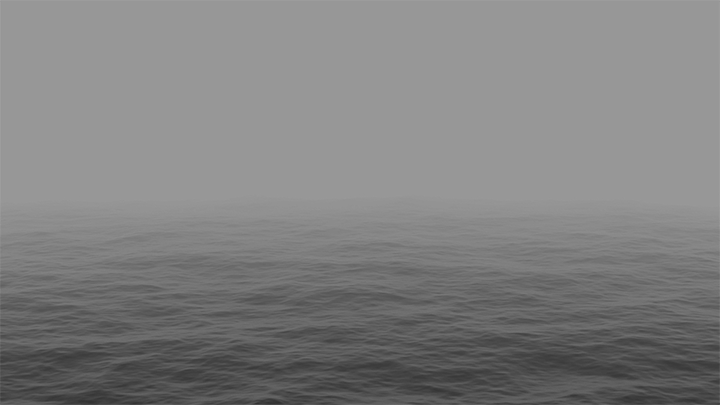

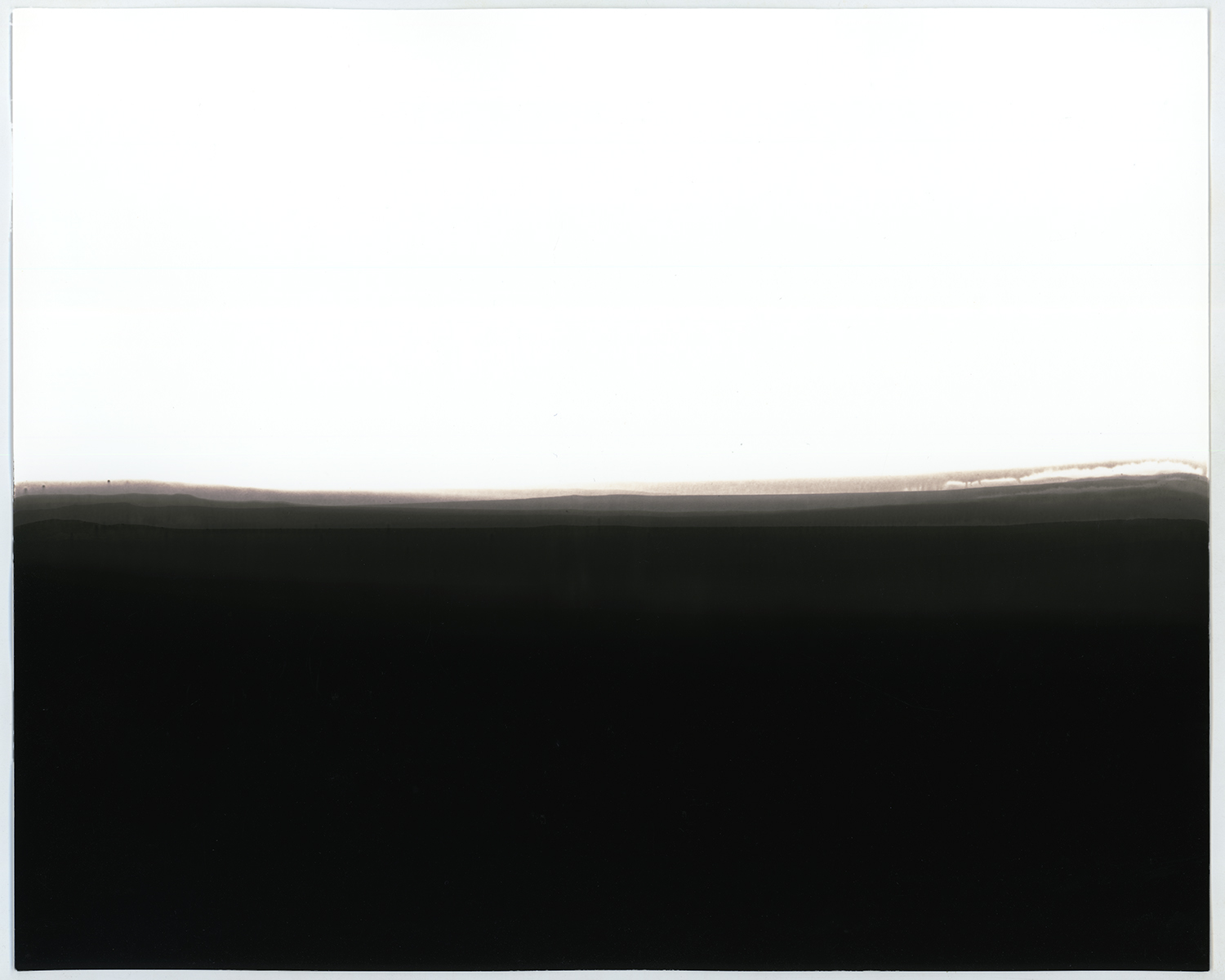
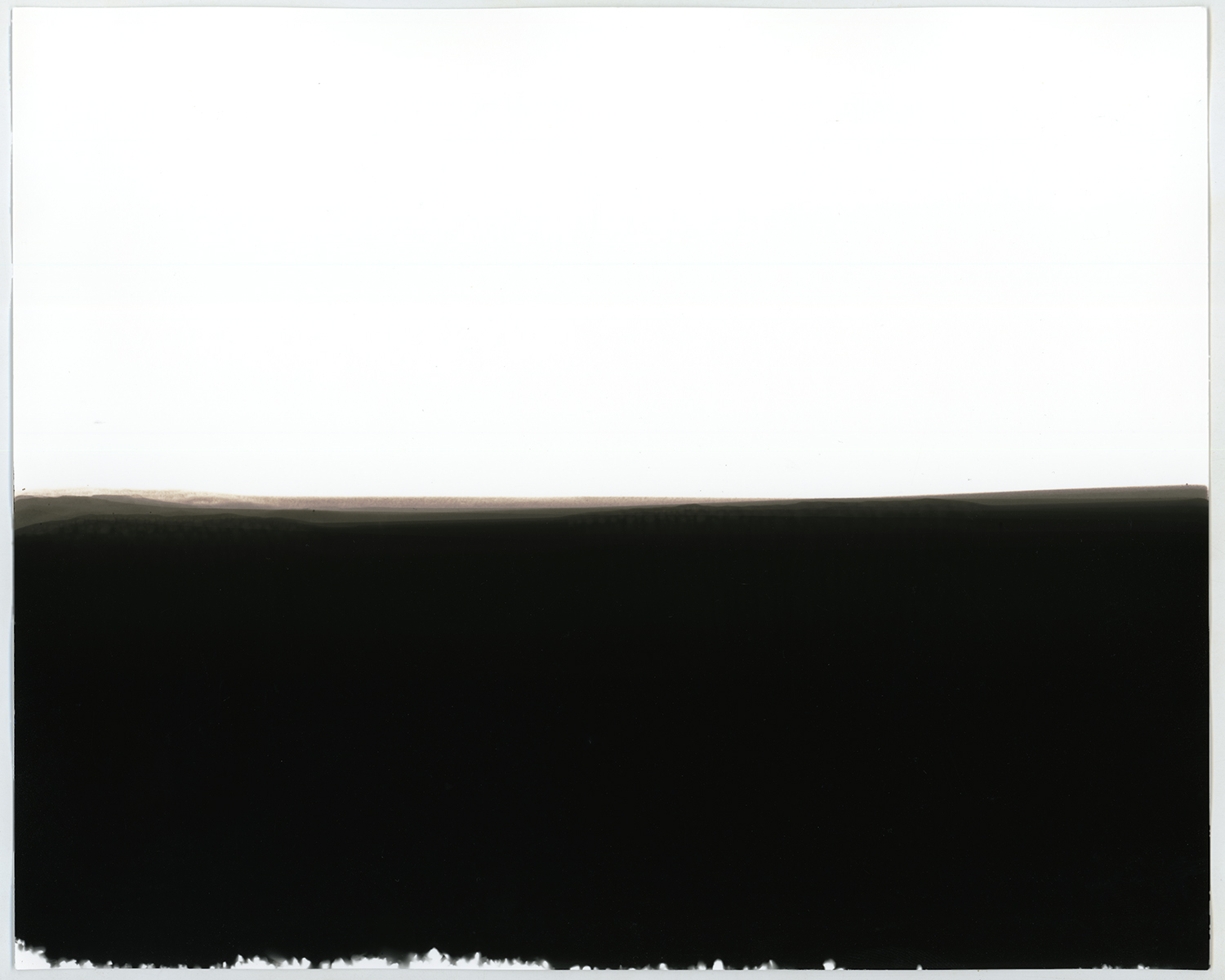
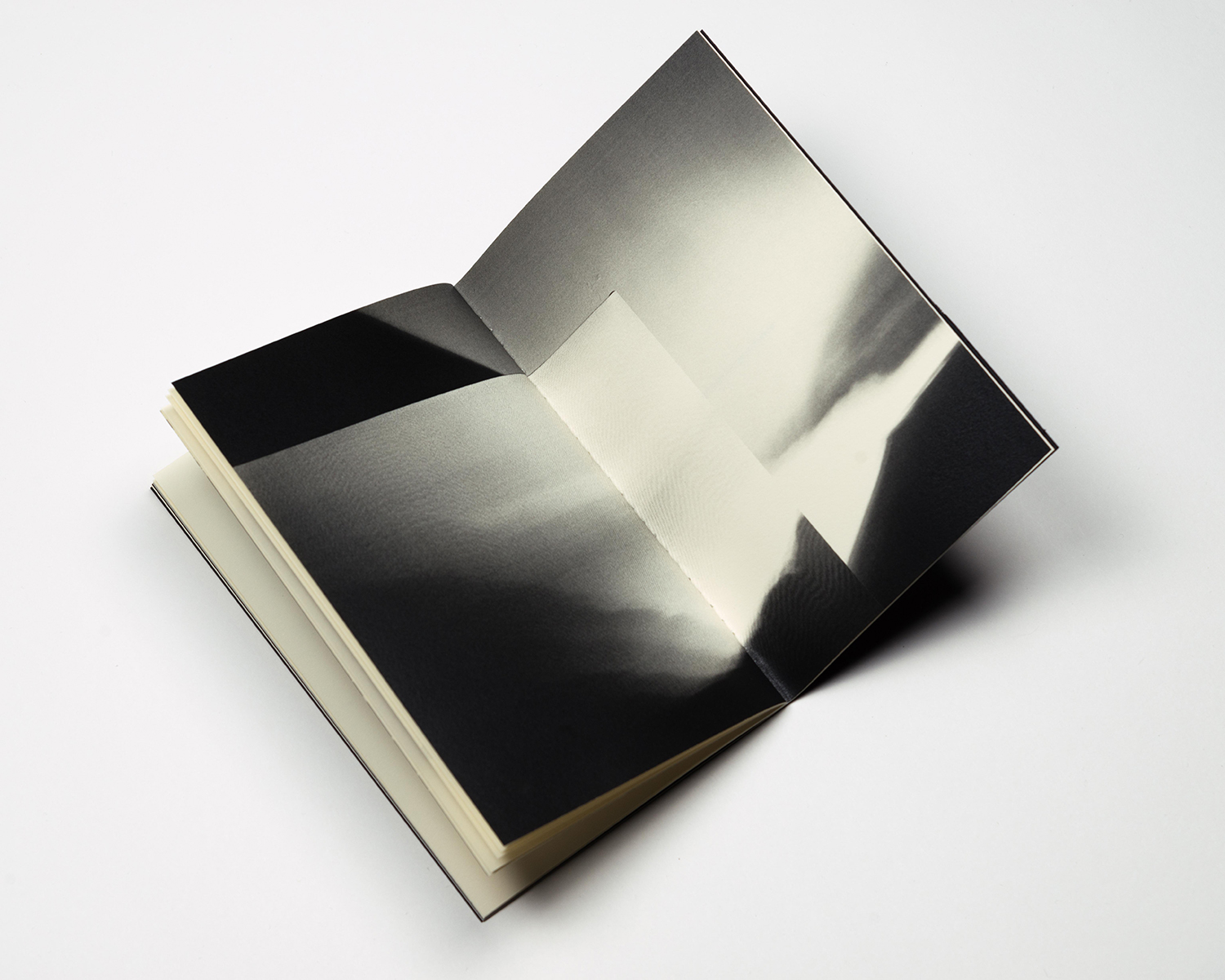
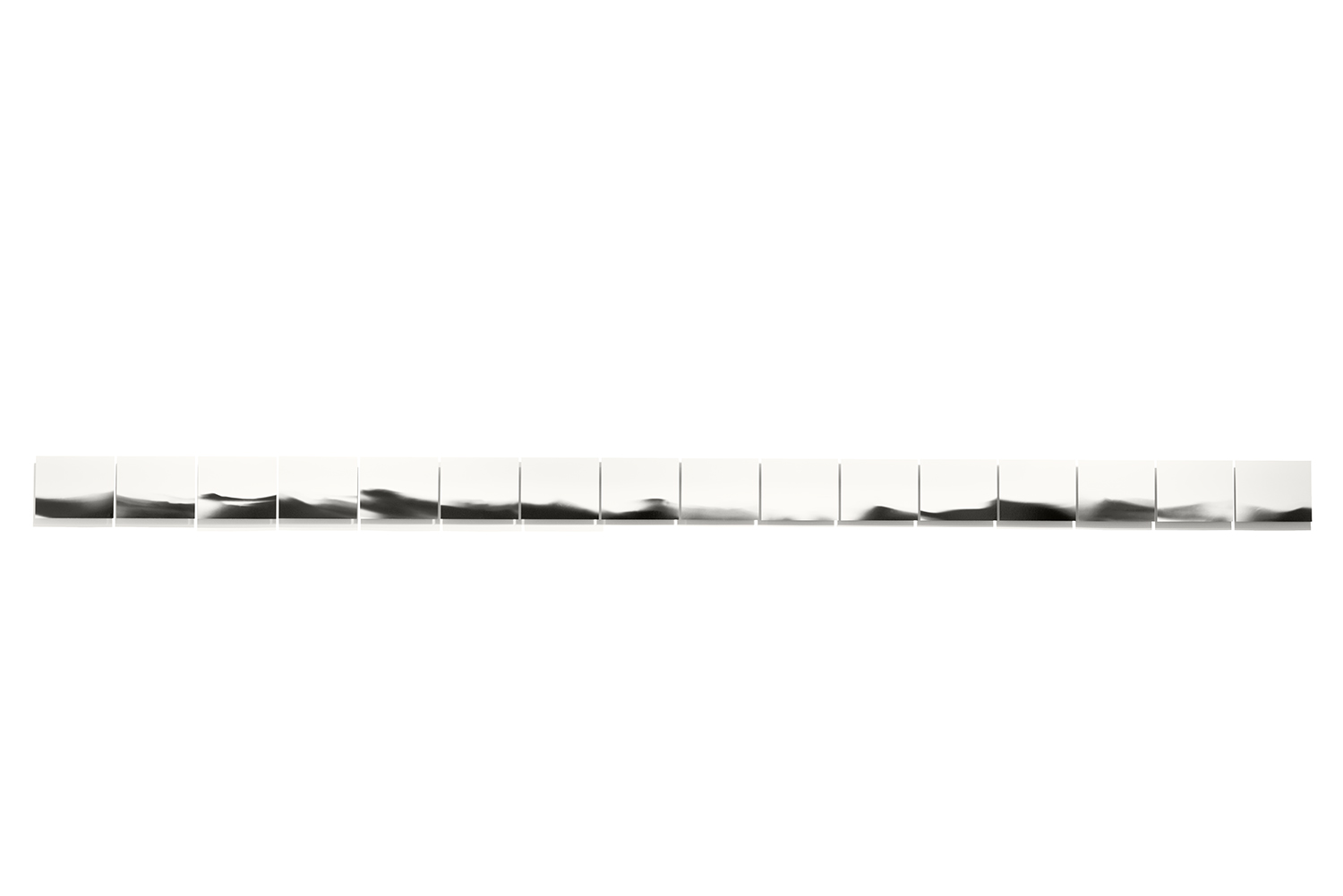
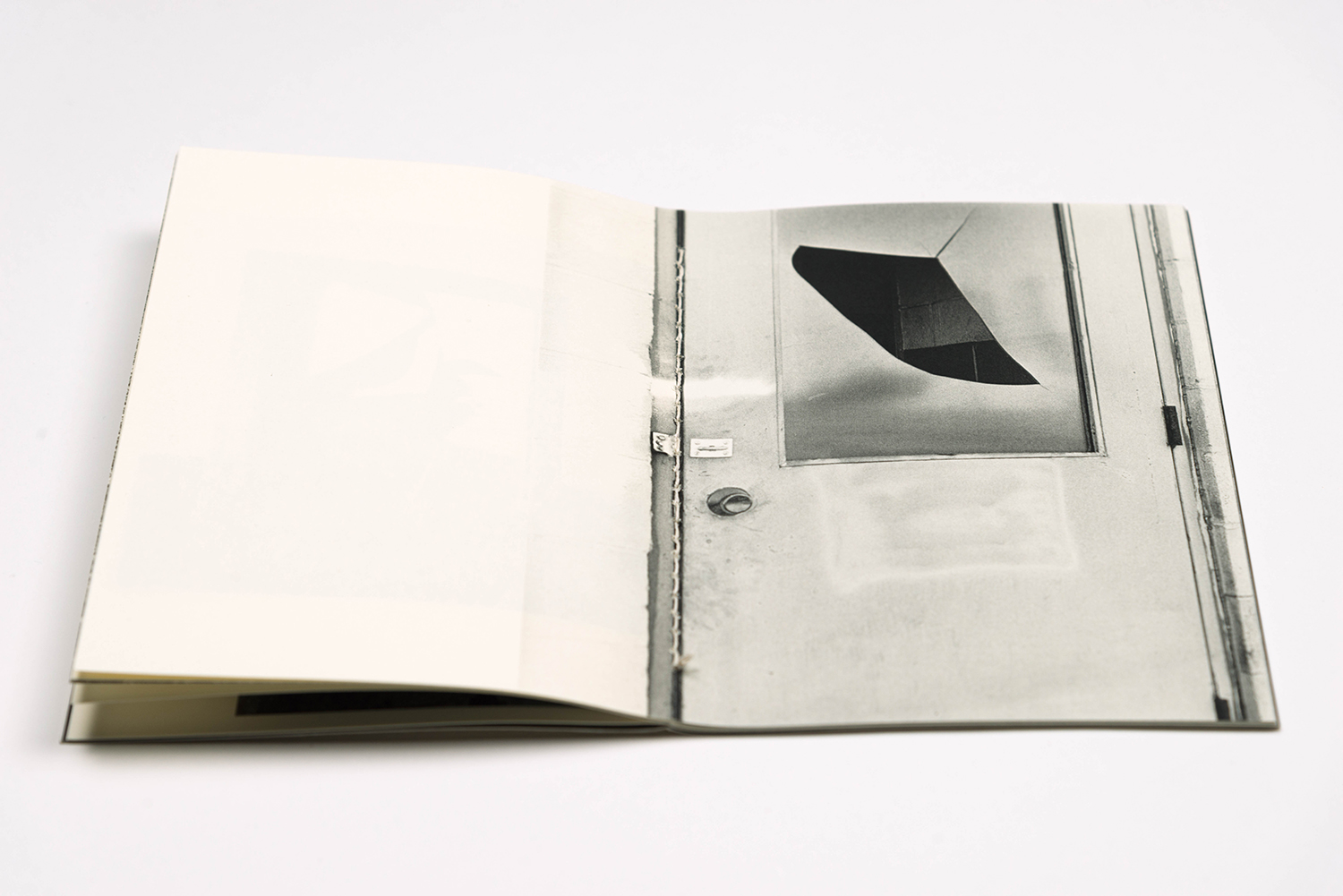
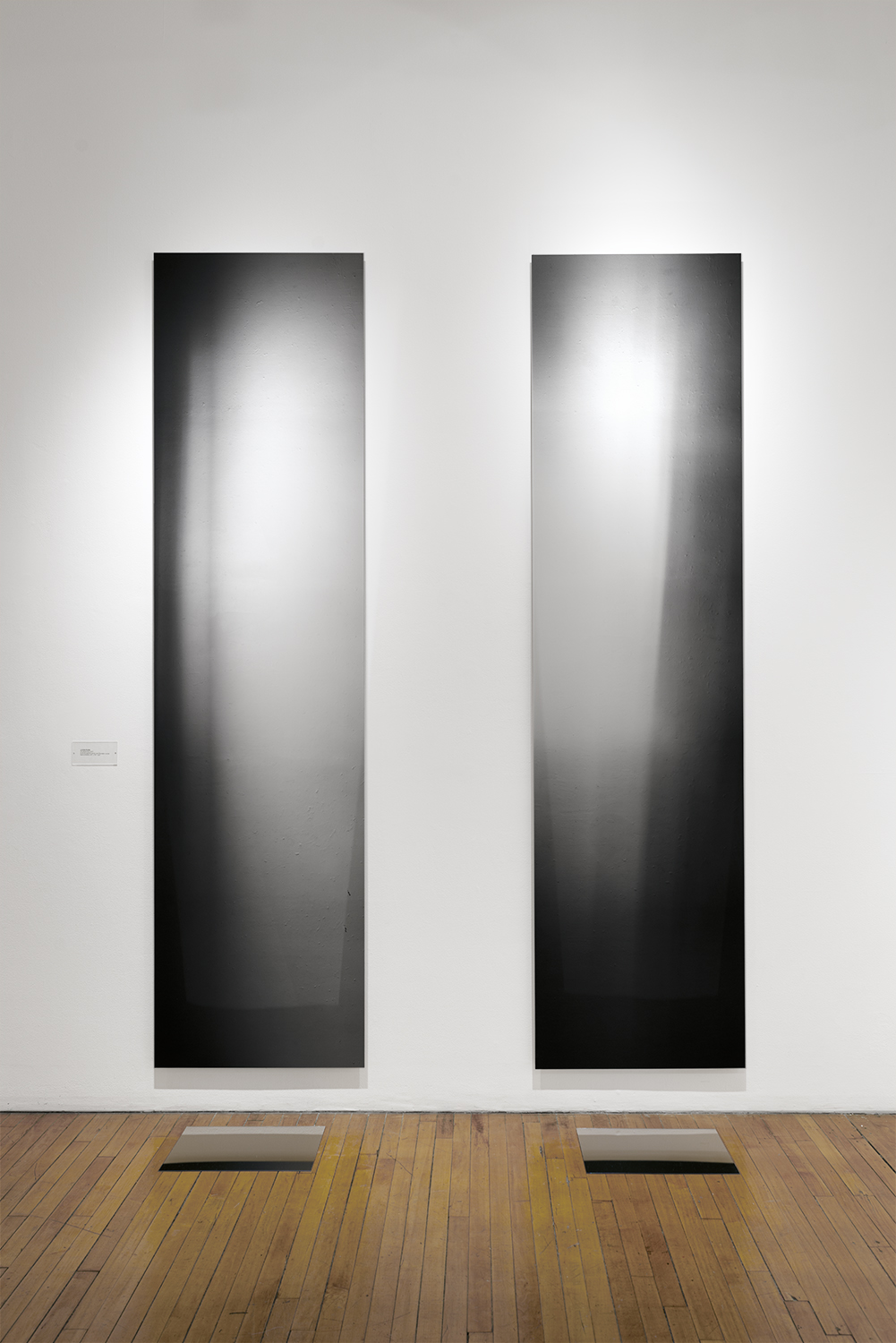
48 South Street
Jamaica Plain, MA 02130
Huang Lucang was born in China in 1990. He earned his BA from Renmin University in Beijing and studied Architectural Design at Kyushu University in Japan. He also earned his MFA in Photography from the Massachusetts College of Art and Design. Over the past seven years, Huang has lived in Beijing, Fukuoka, Tokyo, Shanghai and Boston as a research scholar and an artist. His works explores the idea of illusion in imagined landscapes and spaces through the use of camera and computer. The fundamental contradiction contained in his works provokes questions about the relationship of imagery to the physical world, and exploring the ineffable nature of reality. Huang's work is included in private collections and has been exhibited throughout the United States.
Lucang’s works focuses on the abstract shapes created by shadow, or computer graphics that appear in the form of imaginary landscapes. They are perceived by our common senses, but go beyond the perceptual territory by being titled and reformed. He aims to explore layers of the binary in this project: The light against shadow, a sense of place against a sense of nothingness, the outside against the inside, reality opposed to illusion.
Huang Lucang was born in China in 1990. He earned his BA from Renmin University in Beijing and studied Architectural Design at Kyushu University in Japan. He also earned his MFA in Photography from the Massachusetts College of Art and Design. Over the past seven years, Huang has lived in Beijing, Fukuoka, Tokyo, Shanghai and Boston as a research scholar and an artist. His works explores the idea of illusion in imagined landscapes and spaces through the use of camera and computer. The fundamental contradiction contained in his works provokes questions about the relationship of imagery to the physical world, and exploring the ineffable nature of reality. Huang's work is included in private collections and has been exhibited throughout the United States.
Lucang’s works focuses on the abstract shapes created by shadow, or computer graphics that appear in the form of imaginary landscapes. They are perceived by our common senses, but go beyond the perceptual territory by being titled and reformed. He aims to explore layers of the binary in this project: The light against shadow, a sense of place against a sense of nothingness, the outside against the inside, reality opposed to illusion.